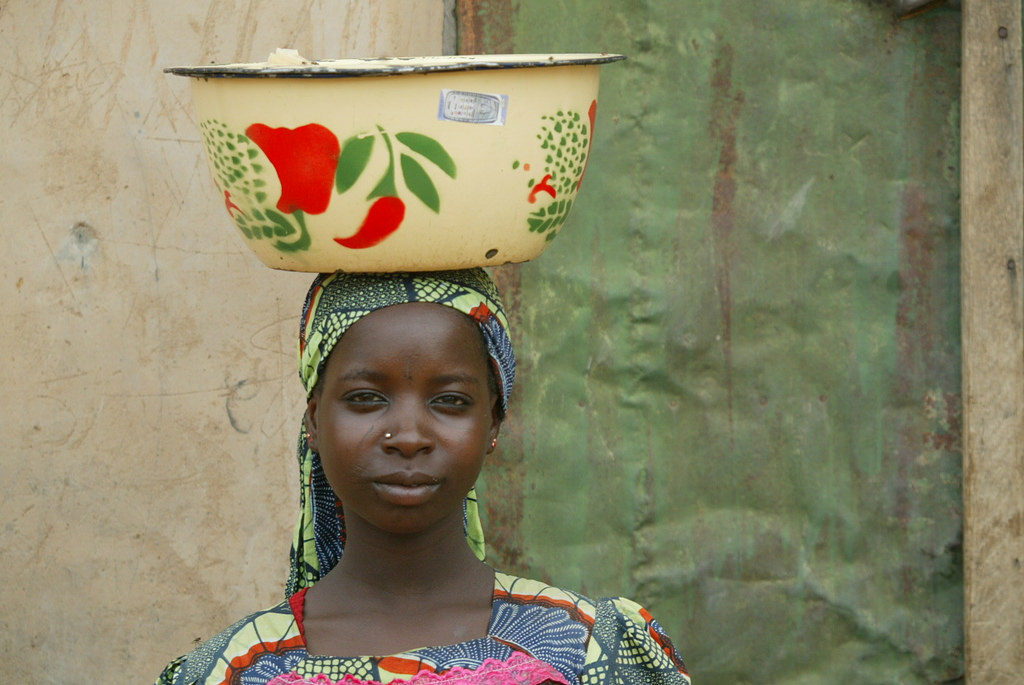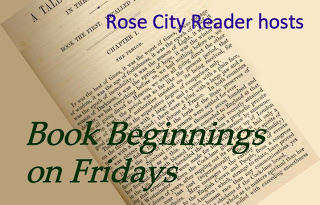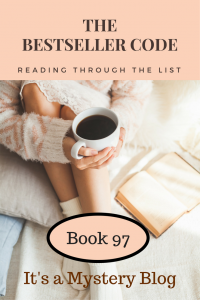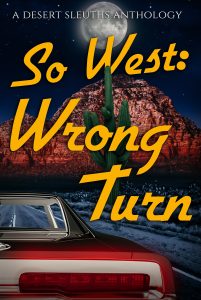Let’s take a look at Little Bee by Chris Cleave from a Reader’s Perspective.
This post contains spoilers.
Chris Cleave’s Little Bee
Little Bee by Chris Cleave is the fourth book we’ve read from The Bestseller Code’s 100 Bestsellers List and yet again, we are presented with a novel that is quite unlike the previous books we’ve read. Little Bee is a 16-year-old female refugee whom we first meet in an Immigration Detention Centre in England, although we don’t learn her exact age until quite late in the book. Little Bee’s story is a difficult one to read – you know something horrific happened in her Nigerian homeland, and while she can hardly bear to relate the events, facing those horrific memories, along with the resulting pain and emotional turmoil, is integral to her story. She must face it all, and so, thus, must we.
The second main character is Sarah Summers, a thirtyish magazine editor living in a London suburb, whose life became intertwined with Little Bee’s when Sarah and her husband were “on holiday” in Nigeria. She, too, has her own memories to face and life decisions to make. Can Little Bee & Sarah deal with their past? And, if so, how will their decisions impact their futures?
I cannot remember when I last felt this emotional while reading a novel. I found myself reading Little Bee in small chugs, sometimes only a few paragraphs, and then setting it aside for hours or a day before picking it back up again. I needed that time to deal with the swirl of emotions – dread, anxiety, fear, confusion, horror, anger – before I could pick the story back up and read some more.
The blurb on the back cover of the book tells very little about the story:
We don’t want to tell you too much about this book. It is a truly special story, and we don’t want to spoil it. Nevertheless, you need to know something, so we will just say this:
It is extremely funny, but the African beach scene is horrific. The story starts there, but the book doesn’t. And it’s what happens afterward that is most important. Once you have read it, you will want to tell everyone about it. Please don’t tell them what happens. The magic is in how it unfolds.
To be honest, I don’t remember anywhere in the book that was “extremely funny.” The only levity I remember is from Sarah Summer’s four-year-old son, Charlie, who clings to the belief that, as Batman, he can overcome the “baddies” of the world. Without Charlie, Little Bee would be impossible to read.
Little Bee is the story of any refugee from any land at any time. It is certainly a story for our time. And while the story is painful and difficult to read, the author leaves us with hope – if not for Little Bee herself, then for all the Little Bees and all the Charlies yet to come.
What did you think of Little Bee? We’d love to hear your thoughts!
Related posts:
- Little Bee Landing Page
- Book-beginnings, a discussion of the first line of the novel
- Roberta’s review from a writer’s perspective
After you finish the book, you might want to drop by to take our survey.
You can also join us on social media:
- The Bestseller Code 100 Pinterest Page
- Twitter: #BestsellerCode100
- Facebook: Bestseller Code 100 Reading Group
- The full list is now posted on GoodReads
Do you have suggestions for ways to improve this reading challenge? We’d love to hear them.
__________________
What are we reading next?
If you ever have questions about what we are reading next or when we’re starting the next discussion, check the 100 Book List tab in the navigation bar at the top of the blog.
The next book is number 96 on the list, The Last Child by John Hart (2009) – Discussion begins January 2, 2017.








